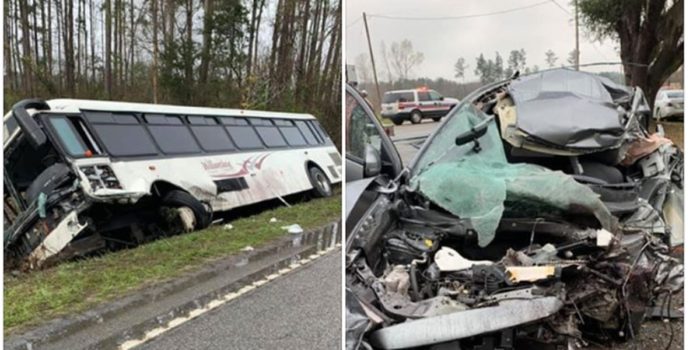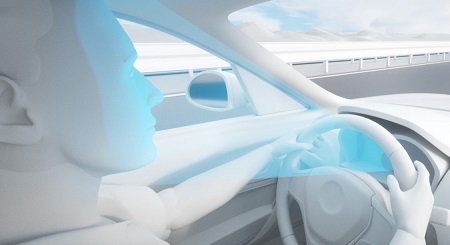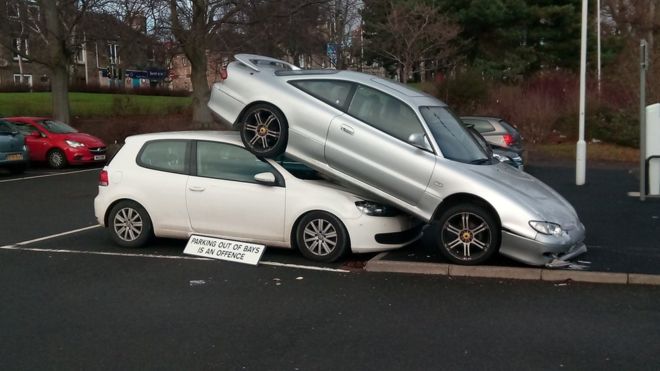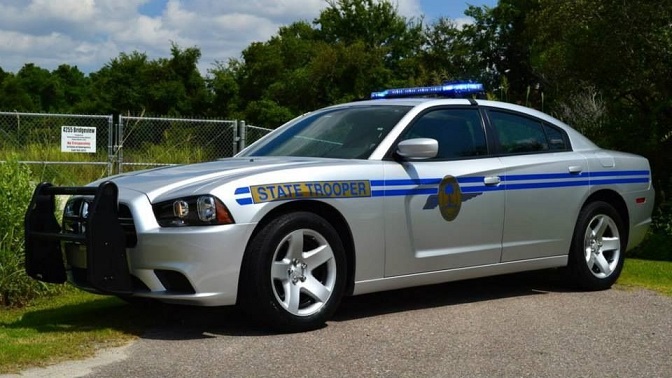Now Reading: What Not to Do after An Accident: Top Mistakes Drivers Make after a Car Crash
-
01
What Not to Do after An Accident: Top Mistakes Drivers Make after a Car Crash
What Not to Do after An Accident: Top Mistakes Drivers Make after a Car Crash
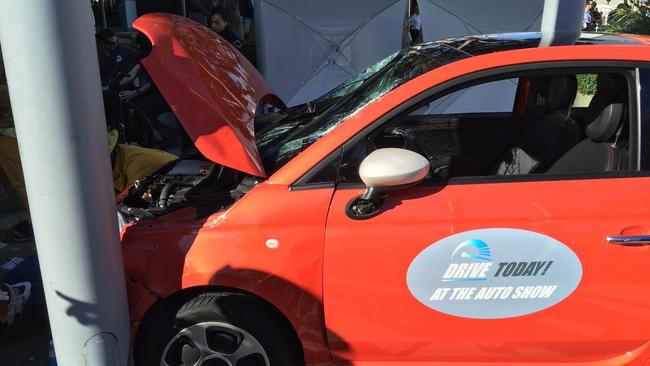
If you are like most people, you do what you can to avoid getting into a car accident. Even minor accidents are incredibly scary and stressful. If you find yourself in an accident, at the time, the damage may not seem that bad, so the last thing you want is to drag the moment out for longer than necessary or stand around waiting for the cops to arrive. You may think that getting home is in your best interest, but this could be a mistake.
After getting into a car accident, there are some common mistakes you need to avoid, including the following:
1. Don’t Neglect Your Body and Health
You may think that since you don’t feel pain immediately after a car accident that you have not been injured. This may mean that you decide not to get medical attention. This is not a good idea.
During an accident, your body is flooded with adrenaline, which may make you numb so that you don’t feel pain. Stress can also mask pain in your body. It may take several days to feel the hurt from the accident, and you could do more damage to your body during that time.
Even though you may not be in agony immediately after a car accident, it’s in your best interest to see a doctor as soon as possible. There are some states, including Florida, that require you to seek medical attention within 14 days of the accident. If you don’t, you’ll lose your Personal Injury Protection (PIP) benefits.
2. Don’t Forget to Report the Accident to the Authorities
After an accident, it’s always in your best interest to call the cops and have them come to the scene. It doesn’t matter if the damage to your car is minor or you can drive it away from the scene of the accident, it’s still recommended that you have a police report created.
Not only does calling the cops prove that an accident occurred, but if you discover the damage is more extensive and expensive than you assumed, you’ll need the report for your insurance to cover the cost of repairing the damages.
In addition, the other driver might come after you for money to cover repairs to their vehicle or medical bills for injuries sustained during the accident. Having a report that was created by the local authorities could help protect you and prevent you from paying more than necessary after an accident.
3. Don’t Leave the Scene
You may not have caused the accident, and the damage to your vehicle may not be severe, but you still shouldn’t leave. You have a legal obligation to remain at the scene and exchange insurance information with the other driver and get medical help if necessary.
If you leave the scene, you are taking evidence with you that may be necessary to prove fault. In addition, leaving may result in fines or even prison time, so it’s in your best interest to stay, even if the accident didn’t seem like that big of a deal.
4. Don’t Admit Fault
When it comes to car accidents, the person who is found to be at fault is liable for paying for all damages that have occurred. It’s in your best interest to let the authorities do their own investigation to determine who was at fault.
It’s hard to be objective during the stress of a car accident, and you may not remember the details of what happened clearly. Admitting fault means you take on the responsibility of paying for damages, and you may not have to.
You don’t want to lie to investigators when they ask you questions, but only say as much as necessary for them to figure out what happened. After that, you can take care of any costs that you are responsible for.
5. Don’t Forget to Gather Evidence
During the course of the investigation, authorities will gather evidence to find out exactly what happened and who is at fault for the accident. However, if possible, you’ll want to gather your own evidence at the scene. This includes taking pictures of the damage (if your cellphone isn’t damaged, you can use that to take photos), talking to witnesses and gathering contact information from the other driver and/or their passenger.
The police will have a detailed report, but they may miss a crucial piece of evidence, and they weren’t there when the accident occurred. Having as much information about what happened is in your best interest.
6. Don’t Post the Incident on Social Media
Social media is a great place to share with family and friends the events that have happened to you during the day. A car accident is something traumatic and scary that you want support and sympathy for, but it’s best if you refrain from sharing the story on your social media.
Insurance companies are always looking for ways to not pay out claims, and if you post what happened on social media, they could use that against you. It may be an incredibly innocent and innocuous comment, but if it can be used to deny your claim, the insurance company will take advantage.
Stay Informed With the Latest & Most Important News
Previous Post
Next Post
-
 01Polestar Boss Says It’s Time To Outrun BMW M And Mercedes-AMG
01Polestar Boss Says It’s Time To Outrun BMW M And Mercedes-AMG -
 02Spy Shots: 2027 Mitsubishi Pajero Spotted in Testing Ahead of Possible U.S. Return
02Spy Shots: 2027 Mitsubishi Pajero Spotted in Testing Ahead of Possible U.S. Return -
 03Spy Photos: VW ID. Polo GTI Goes Electric with 223 HP and 280 Miles of Range
03Spy Photos: VW ID. Polo GTI Goes Electric with 223 HP and 280 Miles of Range -
 042026 Toyota Hilux EV: A Powerful Truck with Silent Torque
042026 Toyota Hilux EV: A Powerful Truck with Silent Torque -
 05The Controversial Ford Voodoo V8 That Was Killed Off Too Early
05The Controversial Ford Voodoo V8 That Was Killed Off Too Early -
![2027 Mercedes-Benz S-Class Debuts with V8 Engine [Photo Gallery]](https://speedlux.com/wp-content/uploads/2026/01/2027-Mercedes-Benz-S-Class-33-155x125.jpg) 062027 Mercedes-Benz S-Class Debuts with V8 Engine [Photo Gallery]
062027 Mercedes-Benz S-Class Debuts with V8 Engine [Photo Gallery] -
 07Hyundai Palisade’s Breakout Year Shows How Quickly the Market Can Turn
07Hyundai Palisade’s Breakout Year Shows How Quickly the Market Can Turn


![2027 Mercedes-Benz S-Class Debuts with V8 Engine [Photo Gallery]](https://speedlux.com/wp-content/uploads/2026/01/2027-Mercedes-Benz-S-Class-33-700x394.jpg)






































